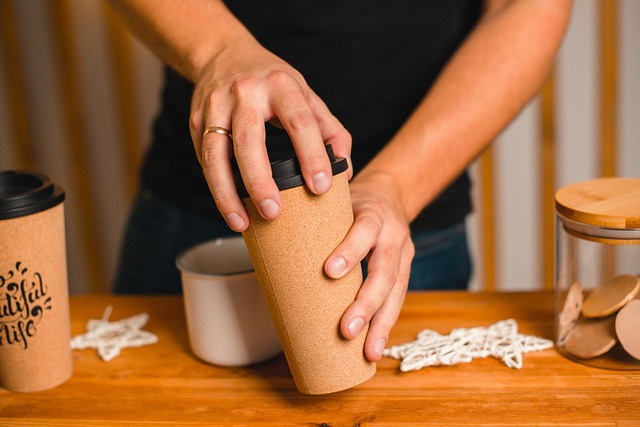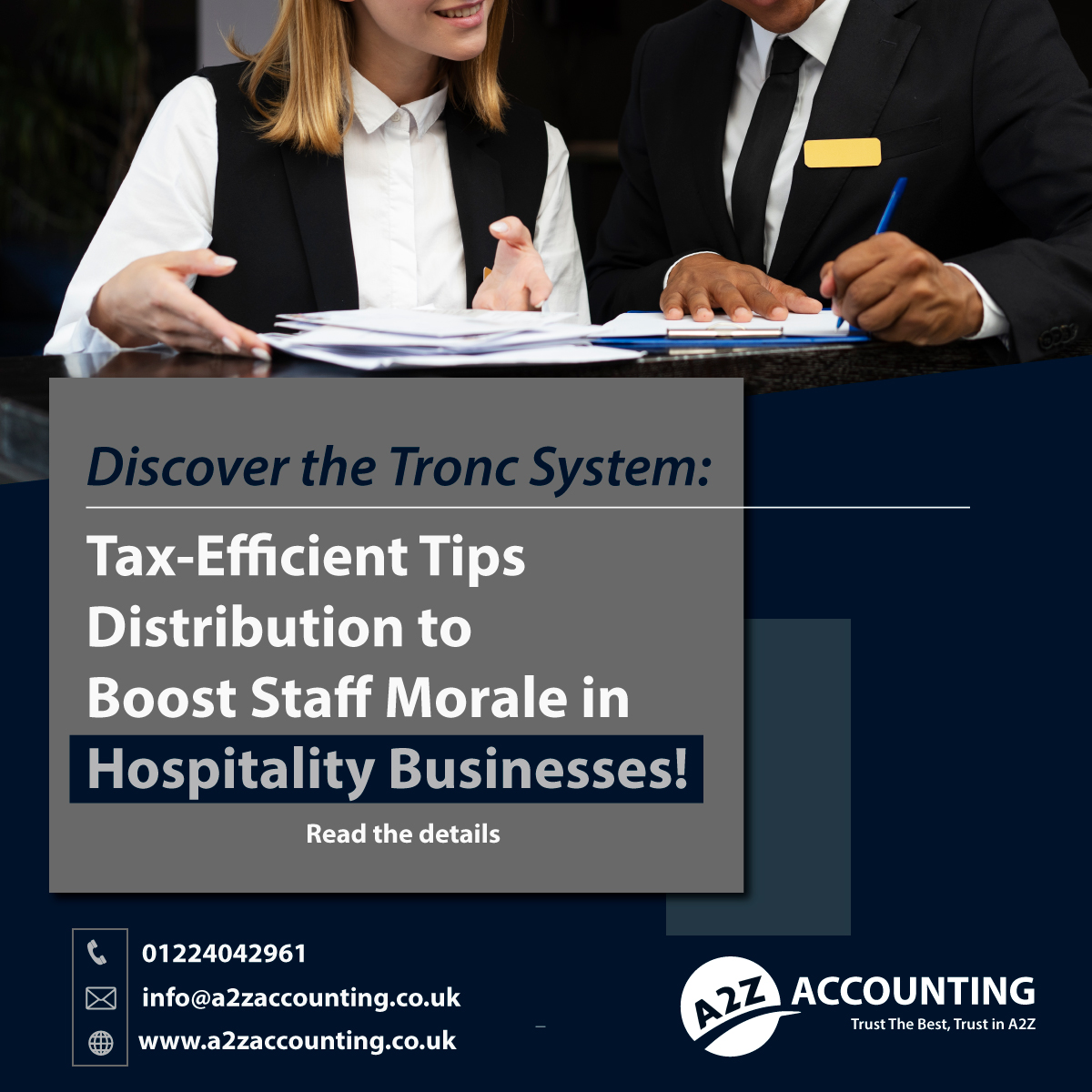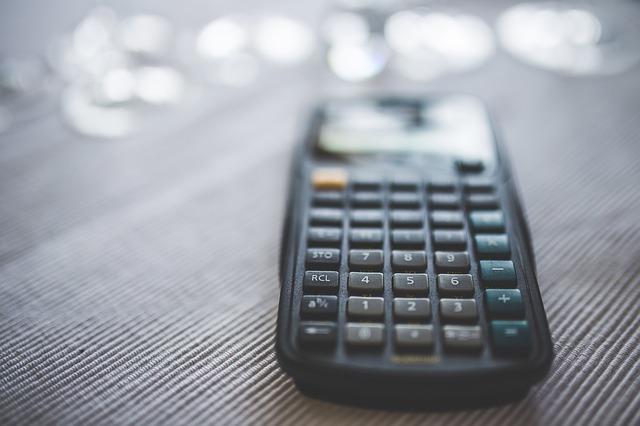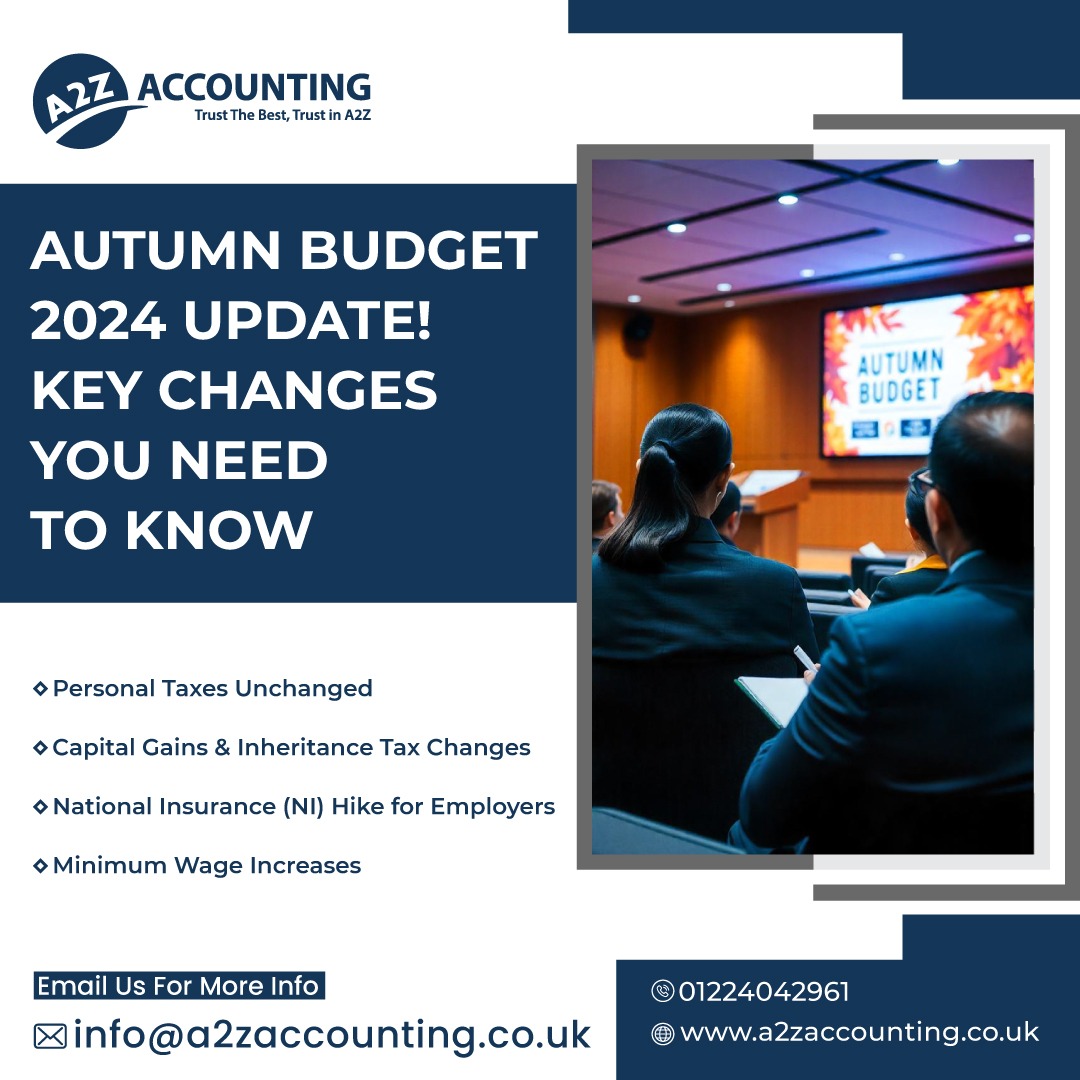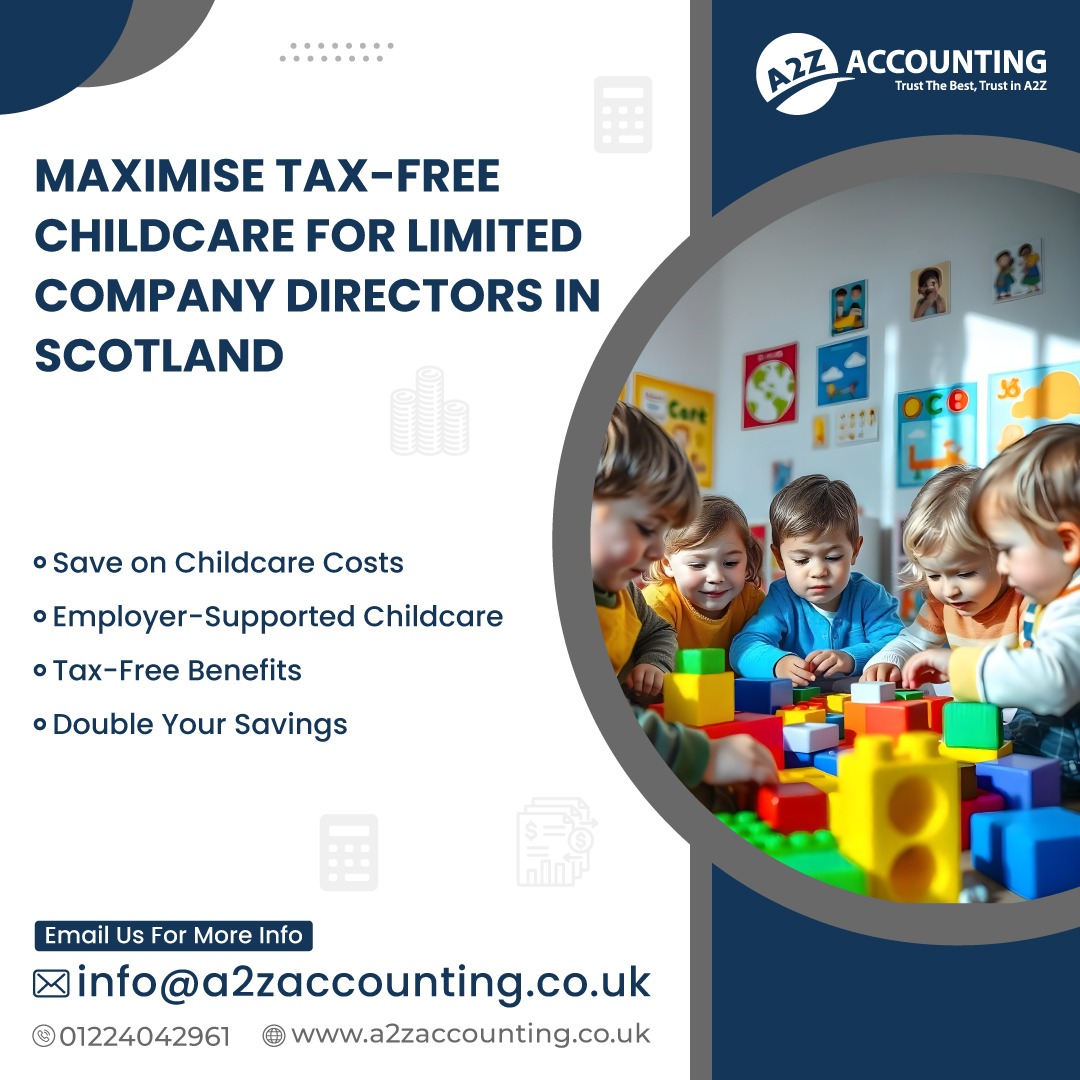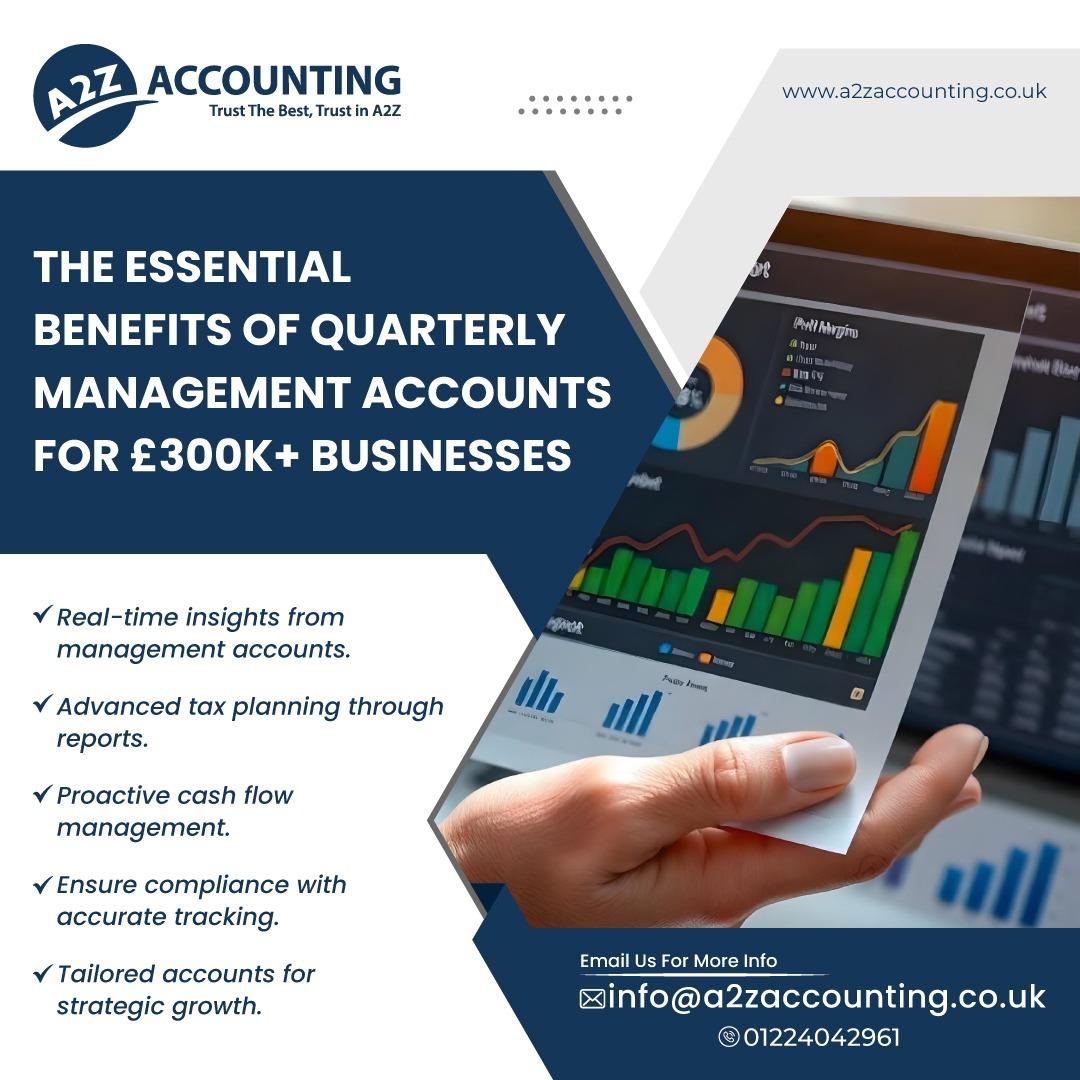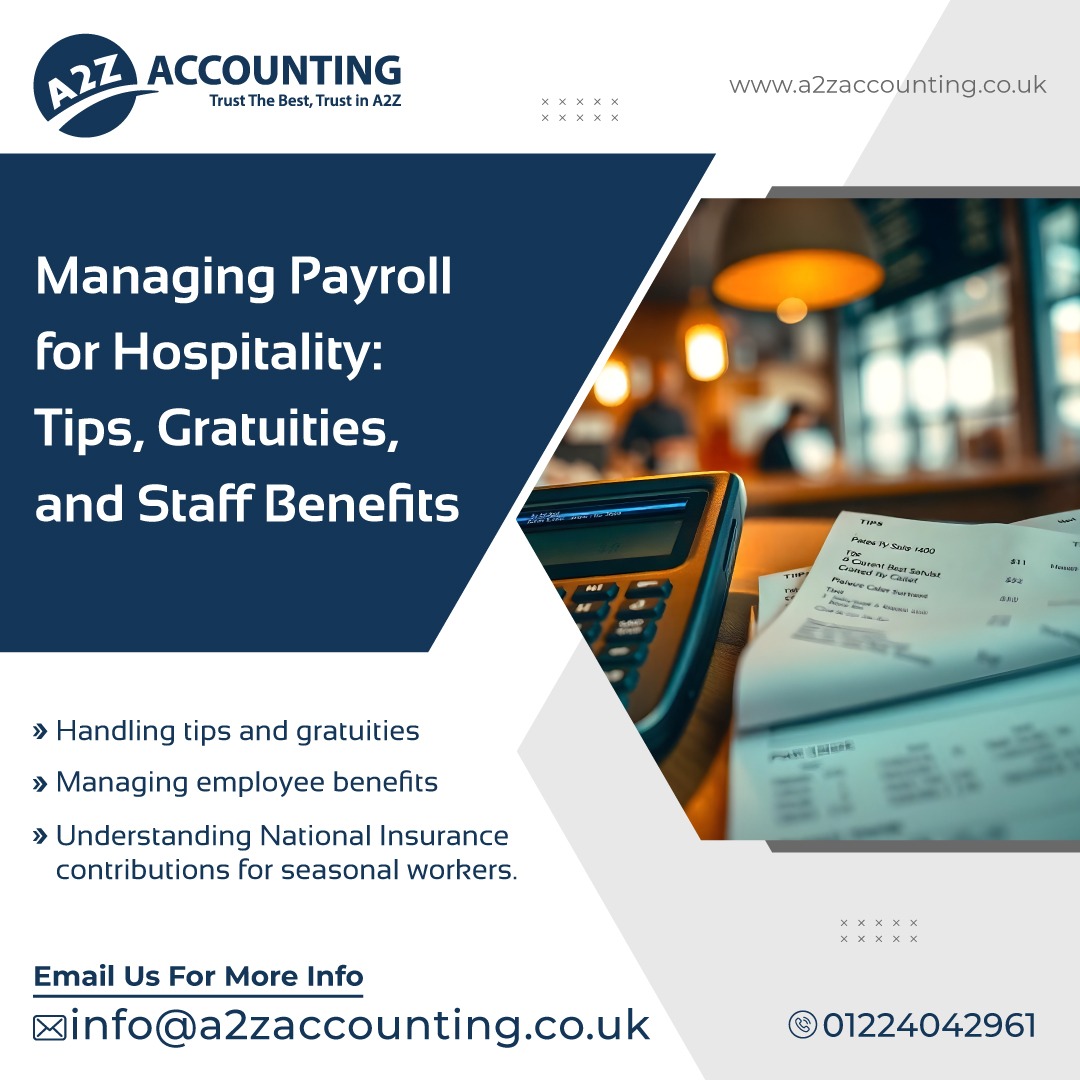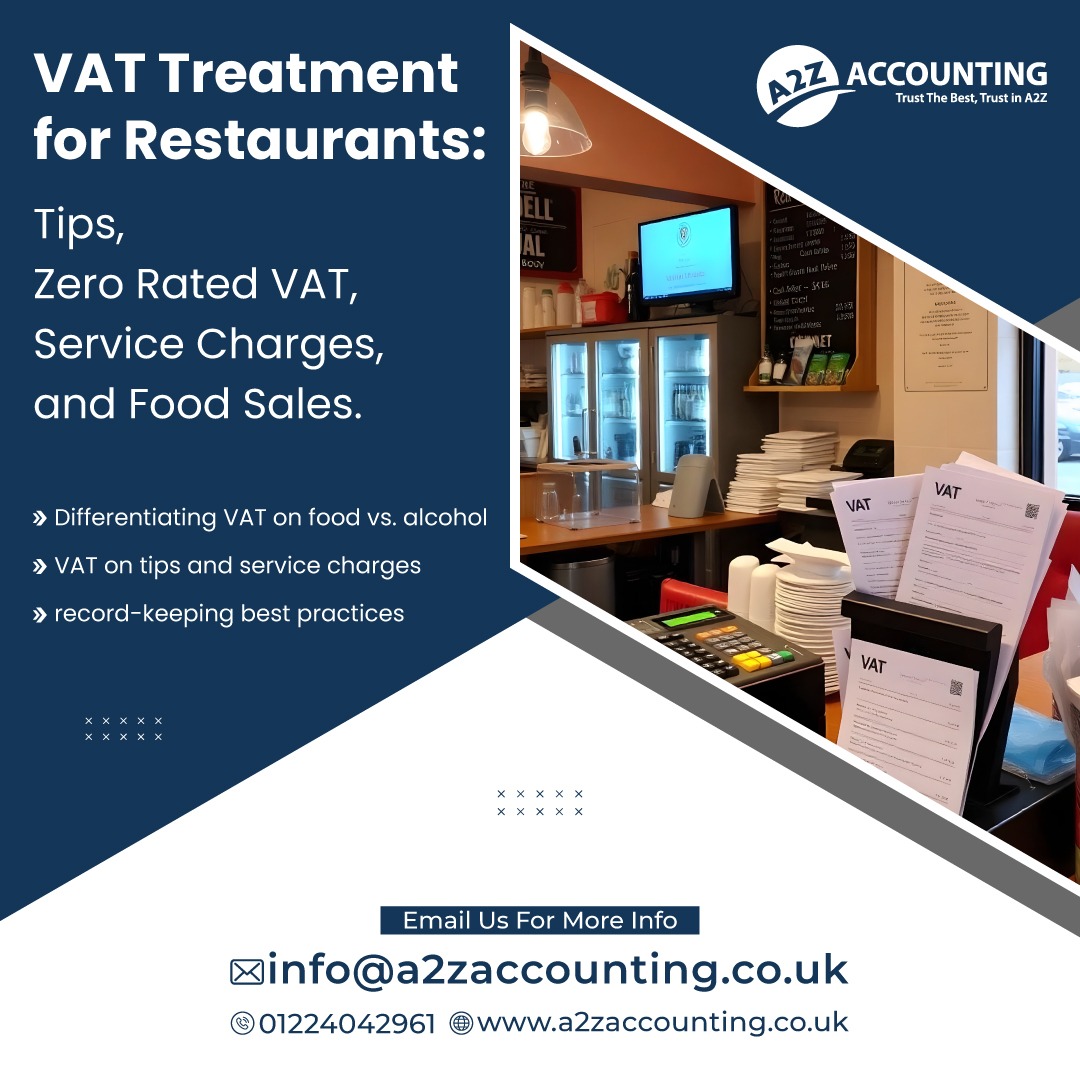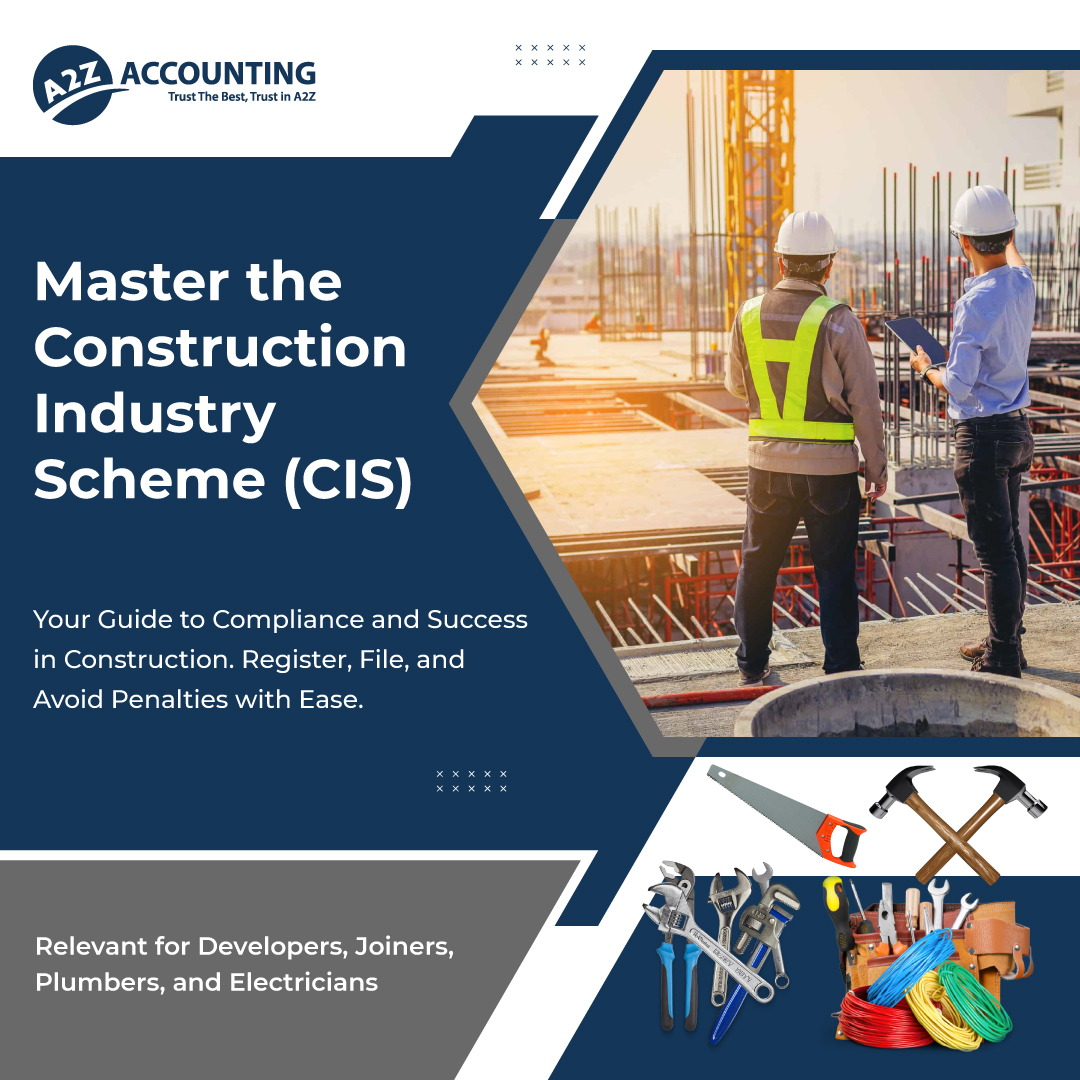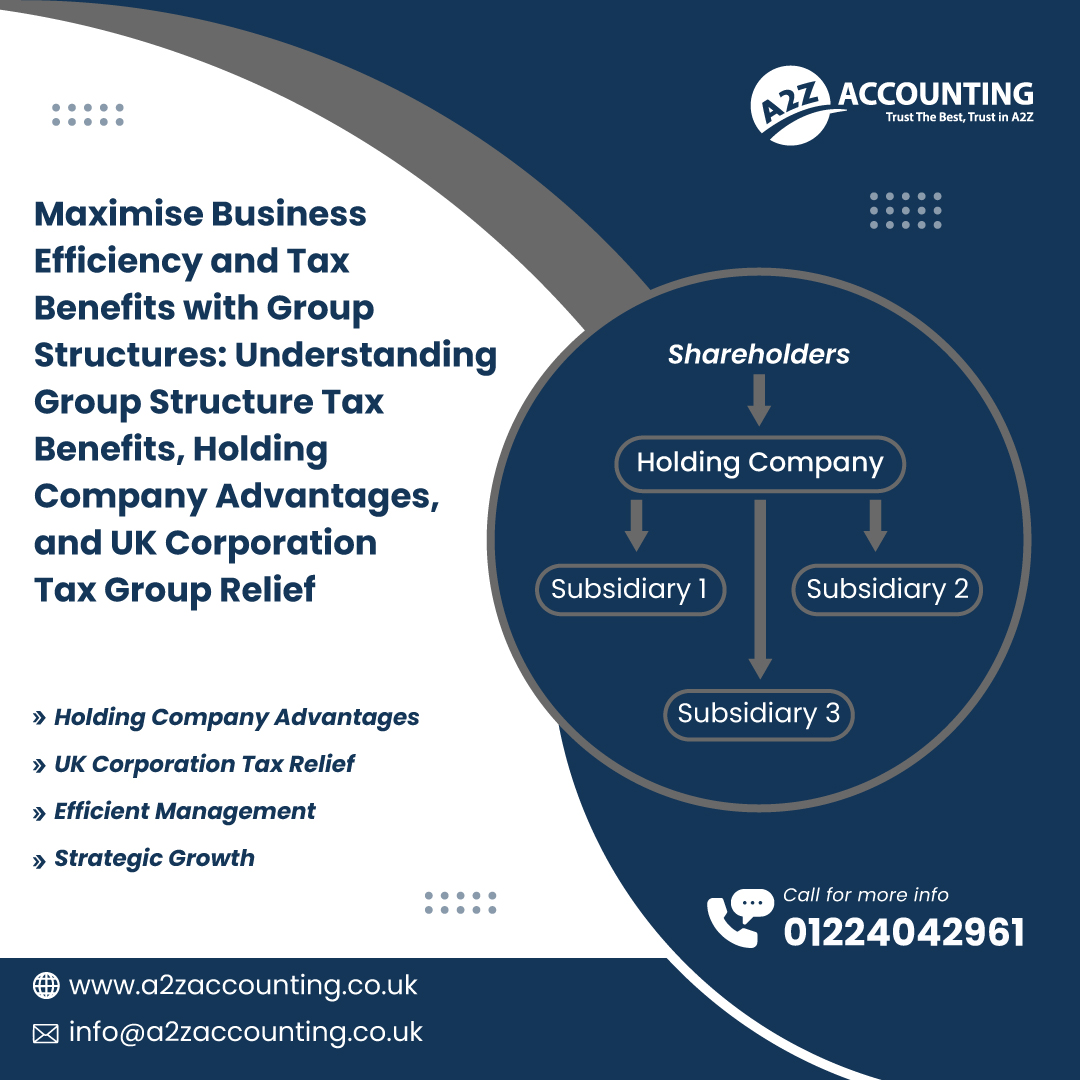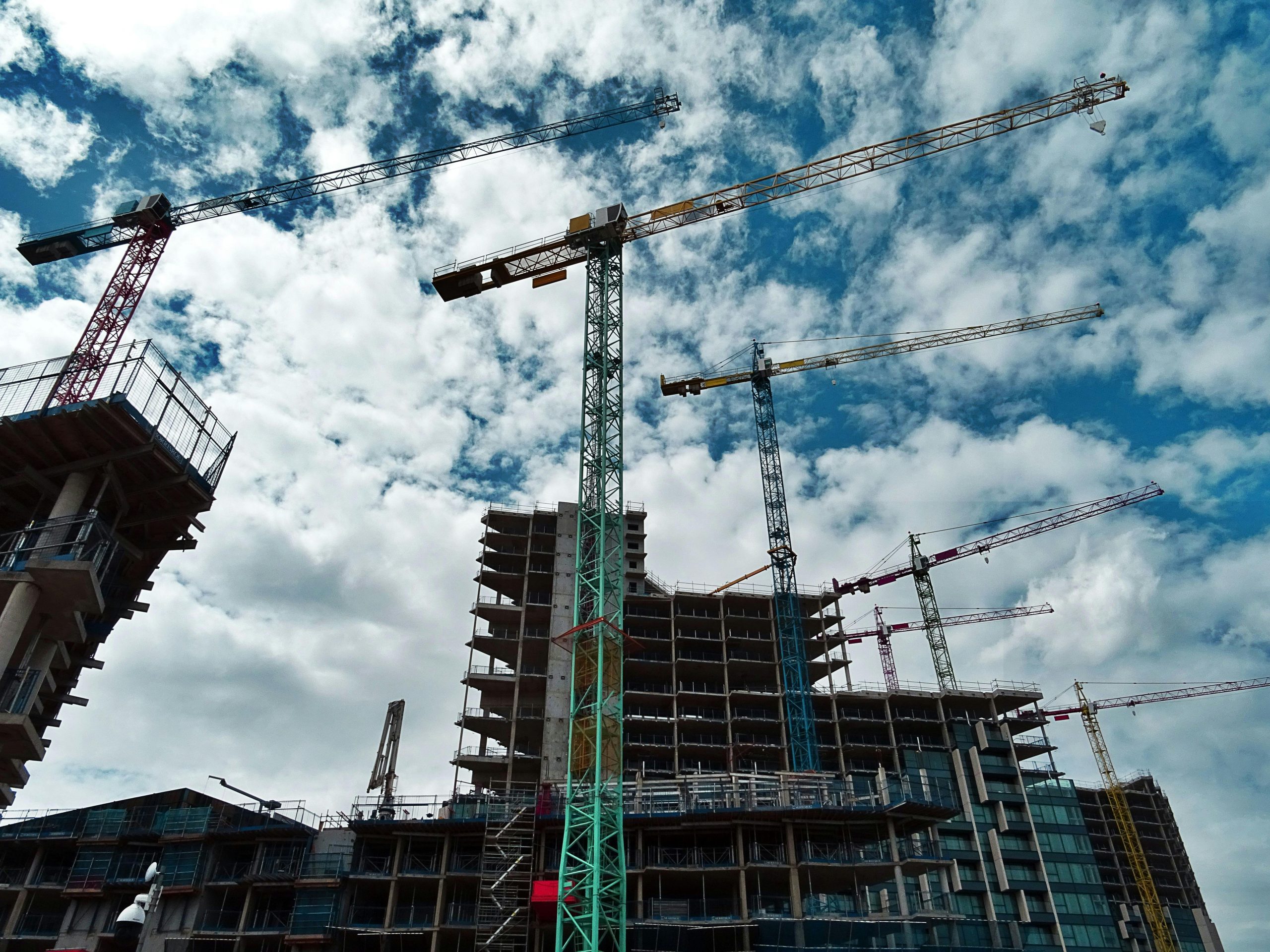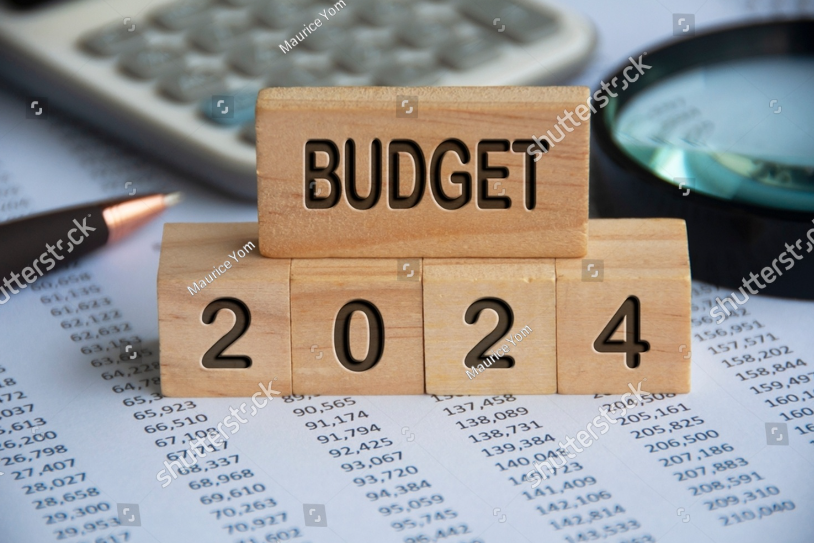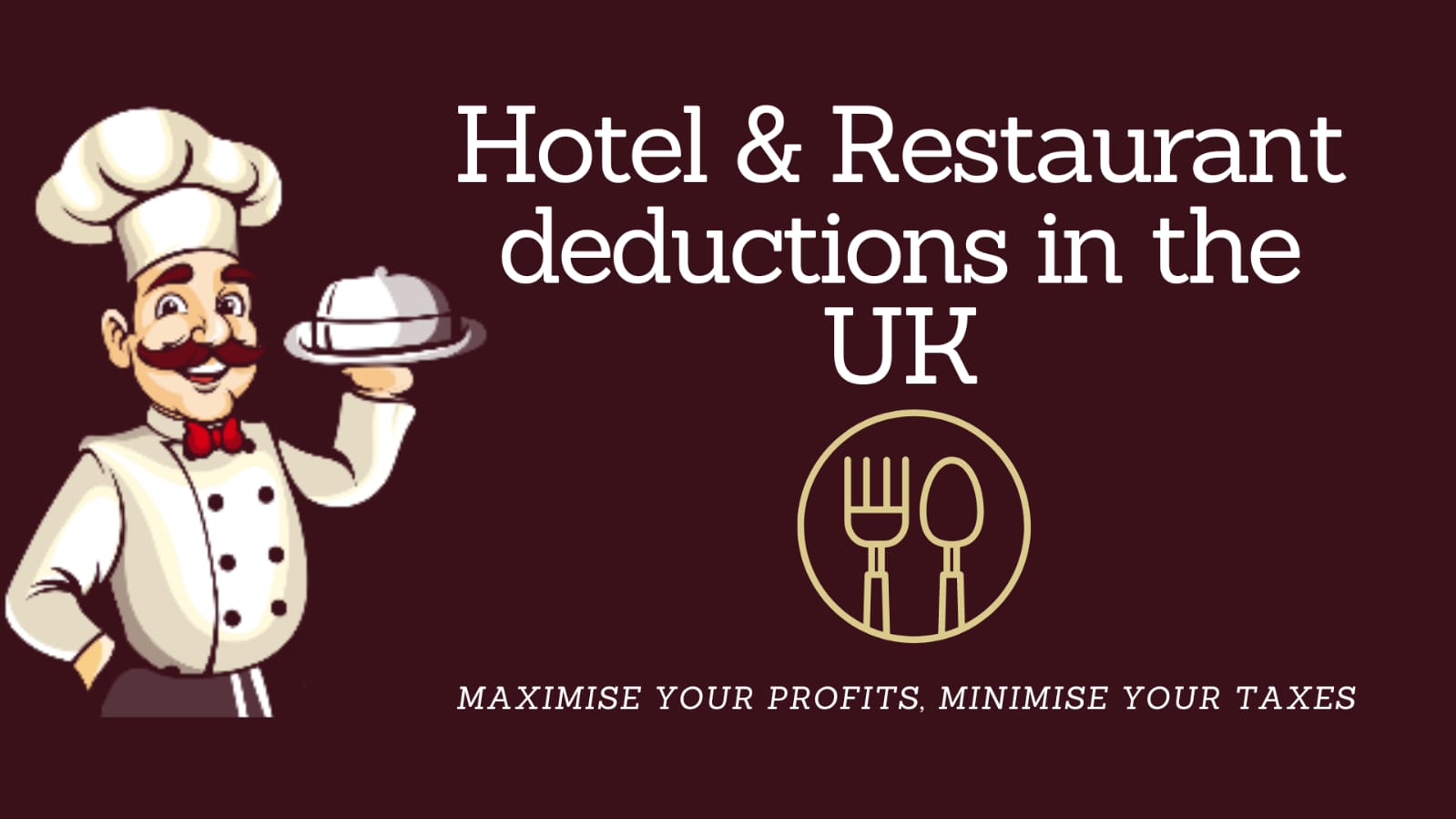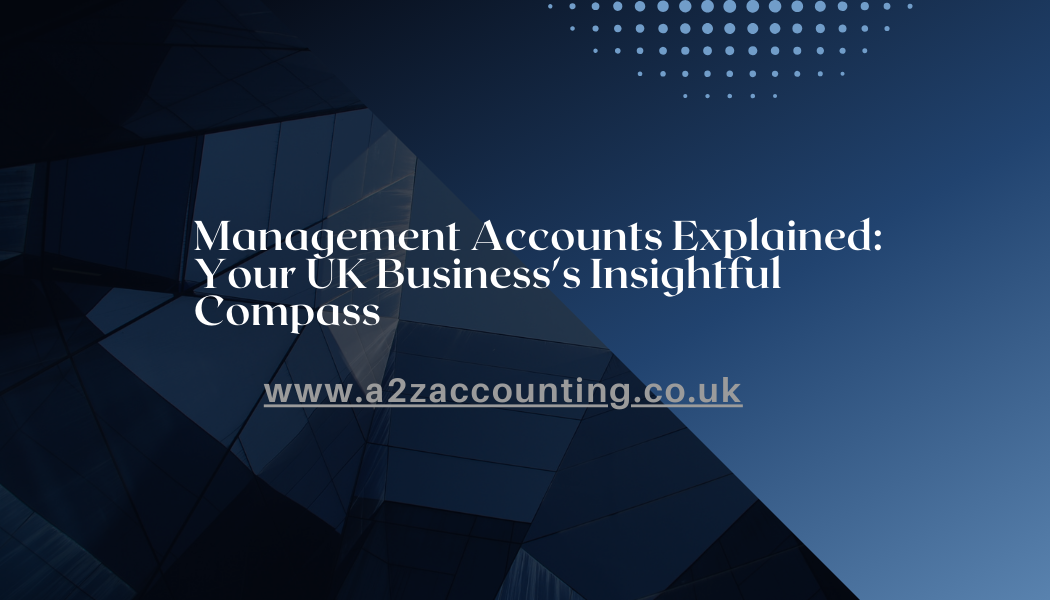Our observations are that businesses in the hospitality sector are losing on genuine VAT savings due to lack of proper advice. For example, you may not have registered for the right scheme, you don’t have a strong bookkeeping system which ensures you can claim every single VAT expense without failure, you are paying VAT on certain sales which are actually not applicable to VAT (zero-rated items). At A2Z Accounting, we pay close attention to you and start with giving the correct advice. We then use a fully digital system, coupled with a highly trained and qualified team who prepare, review and quality check before filing every single return. We spend extra time with clients to ensure everything has been covered before filing.
What is VAT on food and drinks?
The government has a detailed guideline on how to apply VAT on food and drinks for those in the food and beverage industry. For example, zero-rated products, such as coffee beans, attract a 0% VAT charge. However, standard-rated products, such as a hot cup of tea, attract a 20% standard VAT charge.
Since you’re in the restaurant business, which falls under the catering business category, you’re expected to know which products to charge the 20% standard VAT rate and which are zero-rated. Despite the specifics of your niche, you need to understand how the VAT rules apply to avoid complications with the law.
What are the legal implications of VAT?
Your restaurant or takeaway food business doesn’t have to register for VAT unless the annual taxable turnover exceeds the VAT threshold. Meanwhile, your business can balance the VAT by offsetting what it pays to suppliers with what it collects from customers. The difference is then payable to or should be collected from the HMRC.
What are the challenges when working out VAT?
When determining whether your products are zero-rated, you need to ask the following:
Does the food fall under the standard or zero VAT rates?
Is the food hot or cold?
Are your customers visiting and consuming the food on-premises, or do you supply them off-premises?
These questions are the first step in understanding what applies. However, you may face other challenges that may lead to problems when working out how to handle VAT:
Using the wrong flat rate percentage
Understating the flat rate turnover
Not providing enough evidence to support your VAT reclaims
Poor bookkeeping leading to higher VAT liability
Claiming a VAT reclaim twice leading to penalties
Failing to act upon VAT demands and notices
Failure to repay VAT on supplier invoices
Attempting to handle all VAT-related accounting complications by yourself
These challenges are exhausting and thus need the right approach to ensure your business remains compliant and does not incur more costs than is necessary
Conclusion: We can help
Our professional services and highly experienced team can analyse your business and determine the best approach to solving your VAT and other bookkeeping challenges. Get in touch today and let us help you legally minimise your VAT liability through industry standard best practices.
